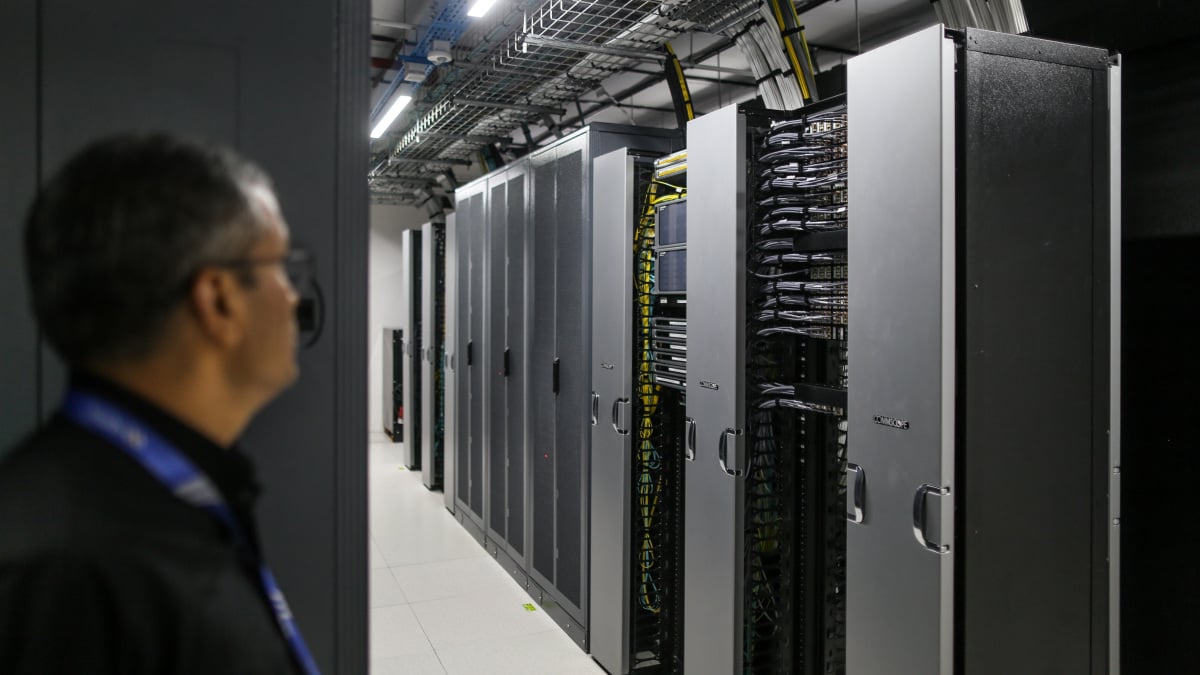AI's Dark Side: Government Watchdog Warns of Looming Environmental and Human Crisis

In a critical assessment of artificial intelligence's current landscape, the nonpartisan Government Accountability Office (GAO) has issued a compelling call for comprehensive research. The agency emphasizes the urgent need for in-depth studies to fully understand and navigate the complex implications of AI technologies.
The GAO's recommendation highlights the rapidly evolving nature of artificial intelligence and the critical gaps in our current understanding. By advocating for extensive research, the agency aims to provide policymakers, technologists, and the public with robust insights into AI's potential risks, benefits, and transformative capabilities.
This push for deeper investigation underscores the importance of a measured, informed approach to AI development. As technologies continue to advance at an unprecedented pace, the GAO's stance represents a prudent strategy to ensure responsible innovation and comprehensive understanding of these powerful technological tools.
